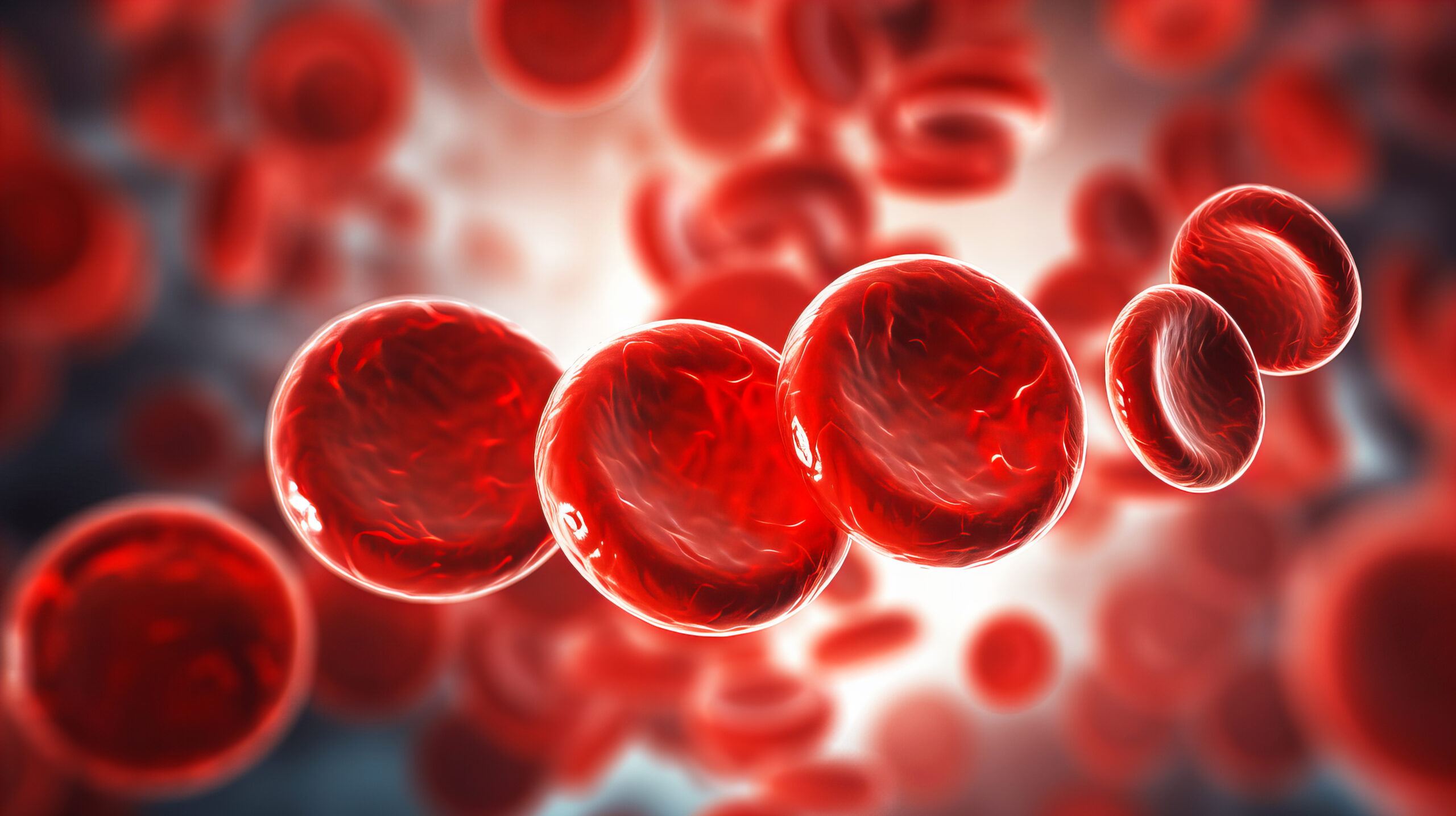What is Anemia?

Anemia is a condition in which the number of red blood cells or the concentration of hemoglobin in them is lower than normal. Hemoglobin is a protein in red blood cells that carries oxygen from the lungs to the rest of the body. When you have anemia, your body does not get enough oxygen-rich blood, leading to fatigue and weakness.
Causes of Anemia:
1. Iron Deficiency: The most common cause, often due to blood loss, poor diet, or an inability to absorb enough iron.
2. Vitamin Deficiency: Lack of vitamins such as B12 or folate can lead to anemia.
3. Chronic Diseases: Conditions like cancer, kidney disease, and autoimmune diseases can interfere with the production of red blood cells.
4. Bone Marrow and Stem Cell Problems: Diseases such as leukemia and lymphoma can affect the bone marrow’s ability to produce red blood cells.
5. Hemolytic Anemia: This occurs when red blood cells are destroyed faster than the bone marrow can replace them.
6. Inherited Disorders: Conditions like sickle cell anemia and thalassemia are genetic and affect the production and lifespan of red blood cells.

Solutions for Anemia:
1. Dietary Changes: Consuming foods rich in iron (like red meat, beans, lentils, and leafy green vegetables), vitamin B12 (such as meat, dairy products, and fortified cereals), and folate (found in fruits, vegetables, and nuts) can help.
2. Iron Supplements: For those who cannot get enough iron from their diet, iron supplements can be prescribed. These come in various forms, including tablets, capsules, and liquid.
3. Vitamin B12 and Folate Supplements: In cases of deficiency, these supplements can be crucial.
4. Blood Transfusions: In severe cases, blood transfusions may be necessary to quickly increase red blood cell count.
5. Treatment of Underlying Conditions: Addressing the root cause of anemia, such as controlling chronic diseases or managing bleeding, is essential.
Role of Dietary Supplements in Anemia:
– Iron Supplements: These are often the first line of treatment for iron-deficiency anemia. They help increase iron levels in the blood, aiding in the production of hemoglobin and red blood cells.
– Vitamin B12 and Folate Supplements: These are vital for DNA synthesis and red blood cell production. Deficiencies can lead to megaloblastic anemia, where red blood cells are larger than normal and not fully developed.
– Multivitamins: Sometimes prescribed to ensure a balance of essential nutrients that support overall health and red blood cell production.
Mayo Clinic. (2022). Anemia. Retrieved from Mayo Clinic – Anemia.
MedlinePlus (National Library of Medicine). (2022). Anemia. Retrieved from MedlinePlus – Anemia.
World Health Organization (WHO). (2022). Anaemia. Retrieved from WHO – Anemia.
National Heart, Lung, and Blood Institute (NHLBI). (2022). Anemia. Retrieved from NHLBI – Anemia.
Cleveland Clinic. (2022). Anemia. Retrieved from Cleveland Clinic – Anemia.
Harvard Health Publishing. (2022). Iron-deficiency Anemia. Retrieved from Harvard Health – Iron-deficiency Anemia.









